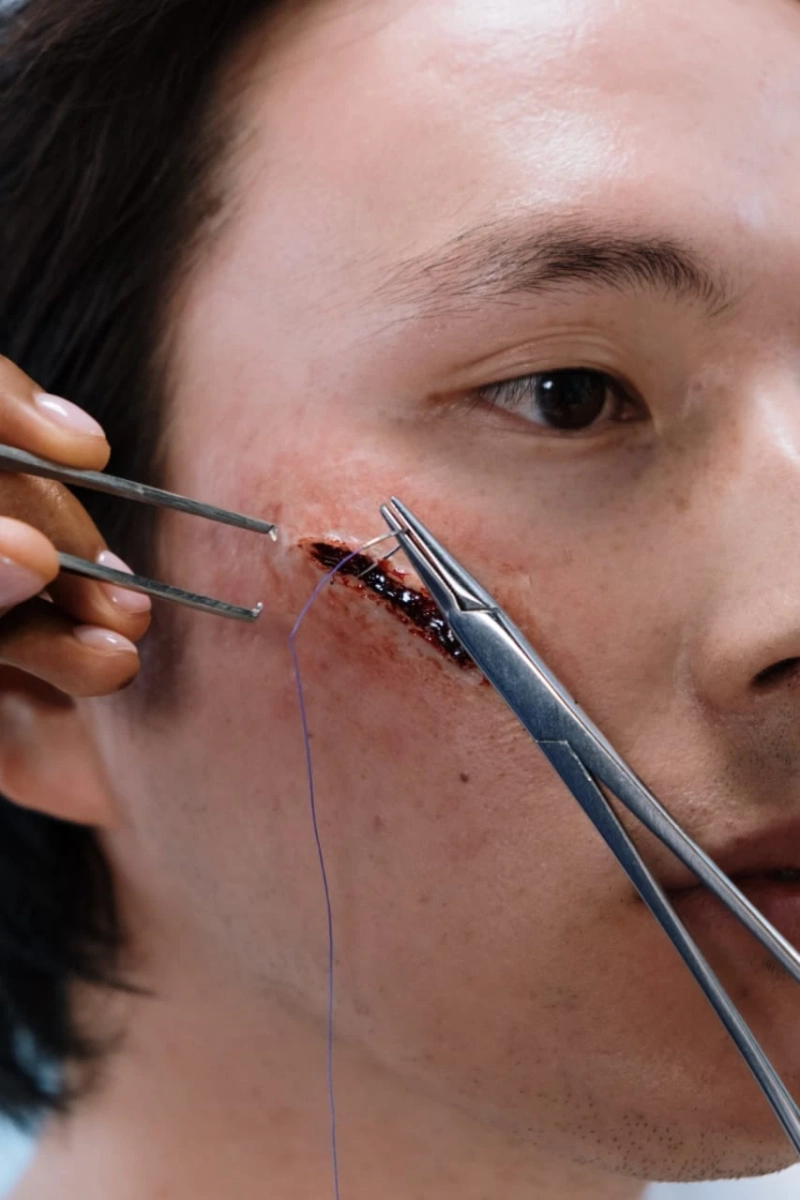Facing a degloved face injury is not only a traumatic experience but can also lead to substantial medical expenses. These injuries, characterized by the forcible separation of facial skin and soft tissues from the underlying bone and muscle structure, often require extensive medical care, surgeries, and rehabilitation. In this article, we will explore the role of insurance in covering the medical costs associated with degloved face injuries, shedding light on the financial aspects of recovery.
Understanding the Financial Impact
Degloved face injuries necessitate a range of medical treatments, including surgeries, hospitalization, physical therapy, and psychological counseling. The cost of these treatments can quickly add up, placing a significant financial burden on the injured individual and their family. The financial impact may include:
Medical Bills: The costs associated with initial emergency care, reconstructive surgeries, and follow-up treatments.
Rehabilitation Expenses: Expenses related to physical therapy and rehabilitation to regain functionality and mobility.
Psychological Support Costs: The fees for therapy and counseling to address the psychological impact of the injury.
Medications and Medical Equipment: Costs of prescribed medications and any required medical devices or equipment.
Loss of Income: If the injured person is unable to work during their recovery, they may face a loss of income.
The Role of Health Insurance
Health insurance plays a central role in covering the medical costs of degloved face injuries. Individuals with health insurance policies can benefit from the following:
Coverage for Surgical Procedures: Health insurance often covers the expenses associated with reconstructive surgeries and related medical treatments. However, the extent of coverage may vary depending on the specific policy.
Rehabilitation and Physical Therapy: Many health insurance plans include coverage for physical therapy and rehabilitation, which are integral to the recovery process.
Mental Health Support: Health insurance may also provide coverage for mental health services, including therapy and counseling to address the emotional impact of the injury.
Prescription Medications: Prescription medications required during recovery are typically covered by health insurance plans.
The Role of Disability Insurance
In cases where the degloved face injury results in a significant loss of income due to disability, disability insurance may come into play. Disability insurance can provide financial assistance to individuals who are unable to work due to their injuries. This insurance can help cover daily living expenses and provide a source of income during the recovery period.
Workers' Compensation and Third-Party Claims
In cases where the degloved face injury occurred in the workplace or as a result of third-party negligence, additional sources of financial support may be available:
Workers' Compensation: Individuals injured in a work-related accident may be eligible for workers' compensation benefits. These benefits can cover medical expenses and provide wage replacement during the recovery period.
Third-Party Liability Claims: If the injury was caused by the negligence of a third party, such as a product manufacturer or another driver in a car accident, the injured individual may have the option to file a liability claim against the responsible party. This can result in financial compensation that can help cover medical costs and other related expenses.
Conclusion: Navigating the Financial Challenges
Dealing with the financial implications of a degloved face injury can be overwhelming. Health insurance, disability insurance, workers' compensation, and third-party claims can all play a role in providing financial support during the recovery process. It's essential for individuals and their families to understand their insurance coverage, rights, and options to navigate the financial challenges that may arise as they work toward recovery.
In the next section, we will explore coping strategies for individuals with degloved face injuries, providing insights into the psychological and emotional aspects of their journey.



